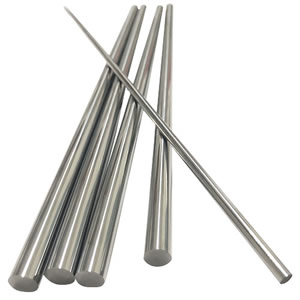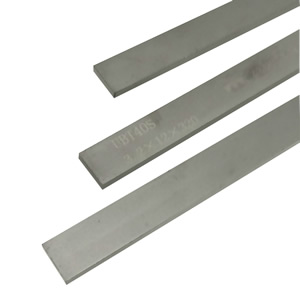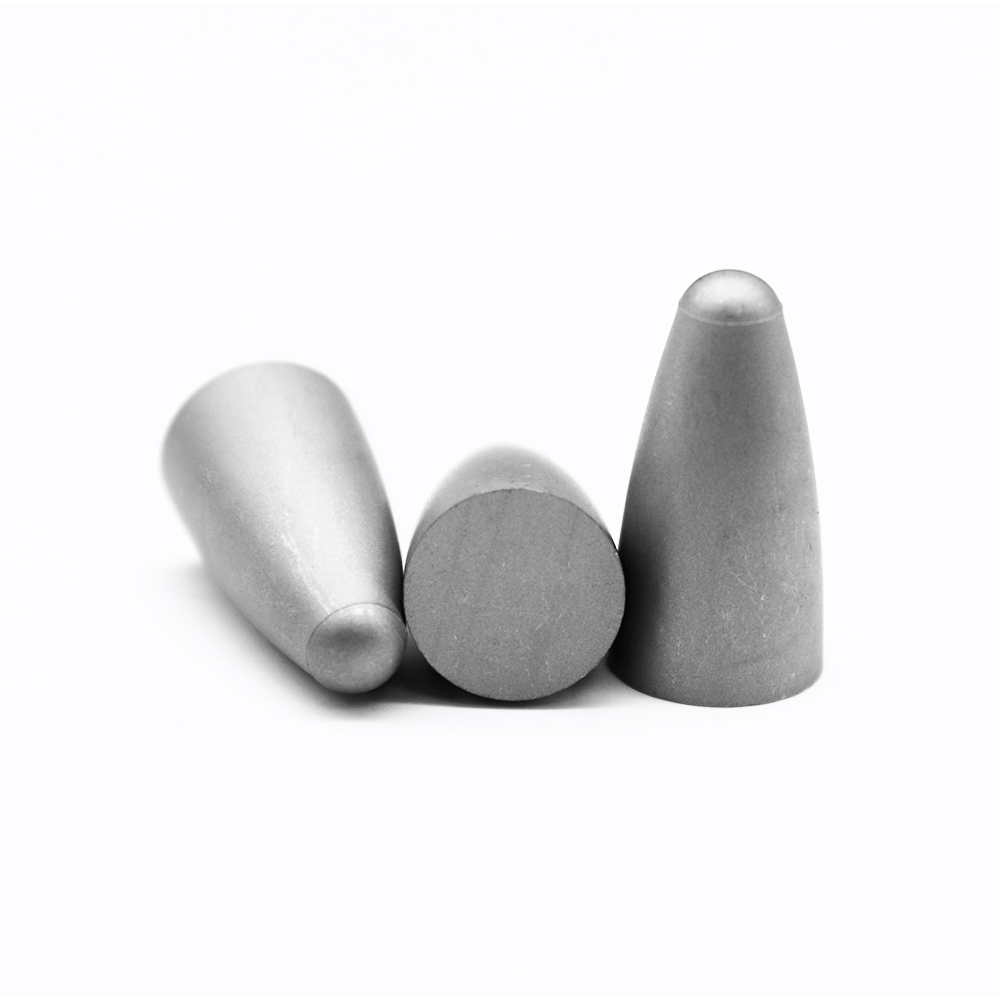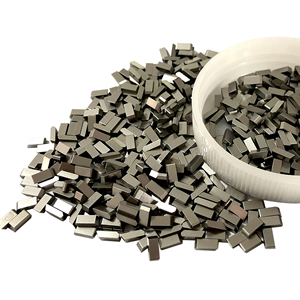Mechanical and Physical Properties of Tungsten Carbide
Mechanical and Physical Properties of Tungsten Carbide

Tungsten carbide is an alloy that has the main component of powders including tungsten carbide, titanium carbide, and metal powder such as cobalt, nickel, etc, as an adhesive, obtained through the powder metallurgical method. It is mainly used to make high-speed cutting tools and hard, tough material cutting edges, and high-wear parts for the fabrication of cold dies, and measuring tools.
Mechanical and physical properties of tungsten carbide
1. High hardness and wear resistance
Generally, between HRA86 ~ 93, decreases with an increase in cobalt. The wear resistance of the tungsten carbide is its most important feature. In practical applications, carbides are 20-100 times longer than some wear-resistant steel alloys.
2. High anti-bending strength.
The sintered carbide has a high elastic modulus and the smallest bend is obtained when subjected to a bending force. The bending strength at normal temperature is between 90 and 150 MPa and the higher the cobalt, the higher the anti-bending strength.
3. Corrosion resistance
It is usually used in many chemical and corrosive environments because carbides are typically chemically inert. More stable chemical properties. Carbide material has acid-resistance, alkali-resistant, and even significant oxidation even at high temperatures.
4. Torsional strength
The amount of torsion is two times that of high-speed steel and carbide is the preferred material for high-speed operation applications.
5. Compressive strength
Some grades of cobalt carbide and cobalt have perfect performance under ultra-high pressure and are very successful in pressure applications of up to 7 million kPa.
6. Toughness
Cemented carbide grades with high binder content have excellent impact resistance.
7. Low temperature wear resistance
Even at an extremely low temperature, the carbide remains good to wear resistance and provides relatively low friction coefficients without using a lubricant.
8. Thermohardening
The temperature of 500°C is basically unchanged and there is still a high hardness at 1000°C.
9. High thermal conductivity.
Cemented carbide has higher thermal conductivity than that high-speed steel, which increases with the increase of cobalt.
10. The coefficient of thermal expansion is relatively small.
It is lower than high-speed steel, carbon steel, and copper, and increases with the increase in cobalt.
For more information and details, you can follow us and visit: www.zzbetter.com





















